The problem of race in America
STAFF EDITORIAL
Wikimedia Commons/Creative Commons license
Protesters gathered in Washington, D.C., in the wake of two grand jury decisions.
Human Rights Day is celebrated worldwide every year on Dec. 10. Yet, what does it mean to commemorate this day when the rights of people seem to have been stripped away or denied?
The decisions by two grand juries in the past month have Americans questioning what equality truly means.
Many would think that Human Rights Day is a time when everyone would ignore differences in race, religion, and sex/gender in an attempt to unify people of various ethnic backgrounds and descent.
Yet, the specter of racial discrimination once again is showing its shadow in America.
It would be an understatement to say that the lack of a grand jury indictment of Officer Darren Wilson on Nov. 24 for the shooting death of 18-year-old Michael Brown (who was unarmed) has sparked disputes across the country. There have been multiple riots in Ferguson, Mo., site of the incident, and across the nation.
It also would be a gross understatement to say that the killing of Eric Garner by Officer Daniel Pantaleo in New York City has caused an uproar across America. Even with video evidence of Officer Pantaleo using a chokehold (a maneuver banned by NYPD policy) to subdue an unarmed Mr. Garner, Officer Pantaleo was not indicted.
This is an issue that needs to be immediately addressed.
Unfortunately, America is still tainted by shouts that the system is racist.
Whether or not either Officer Wilson or Officer Pantaleo is at fault criminally, one thing is certain: a white police officer taking the life of an unarmed black man is a combination that inevitably invokes charges of racial discrimination.
There have been conflicting eyewitness accounts in the Ferguson case. Some say they saw Mr. Brown surrender; others say he physically assaulted Officer Wilson. There is video evidence of Mr. Garner being choked to death and the New York medical examiner ruled the death a homicide.
Even so, the grand juries in both cases decided neither officer should face criminal prosecution.
Unfortunately, America is still tainted by shouts that the system is racist.
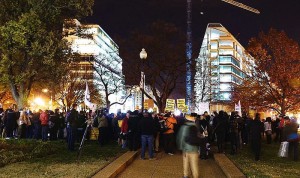
Residents of California have rioted over the cases and 25 anti-police protesters were arrested Monday for blocking streets and chaining shut four doors of Oakland Police Headquarters.
Young men and women, many of them white, have looted stores and shattered the windows of various businesses because they believe that racial discrimination of any kind is unacceptable. Police officers have utilized tear gas and shock bombs to control the masses.
There is little doubt that racism is prevalent in our society, and these events reinforce the idea that discrimination continues to plague the country.
Despite attempts by President Obama and others to minimize violent reaction and raise awareness when it comes to racial bias, the fear is that this prejudice will always be an underlying aspect of American culture.
The fact that a multitude of whites are equally outraged by these incidents shows that racism is a complex topic that needs to be addressed in a thoughtful, peaceful manner that stresses dialogue, not violence.
We hope that there is a beam of light at the end of the tunnel, and that these crises can lead to understanding and change so that the deaths of Mr. Brown and Mr. Garner have lasting meaning.

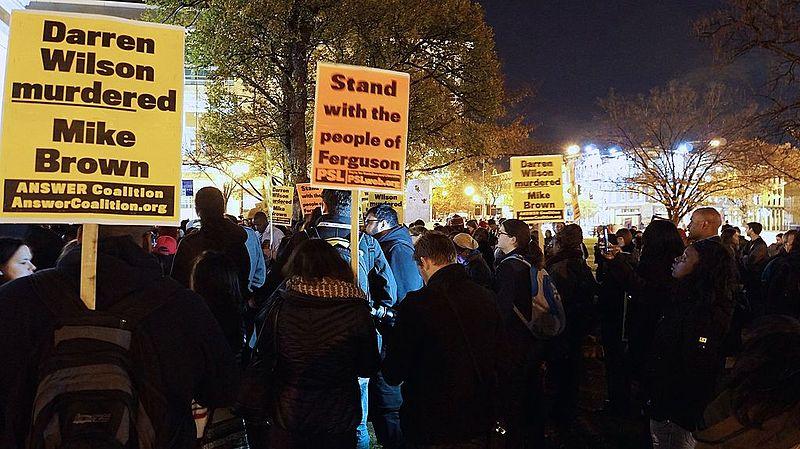
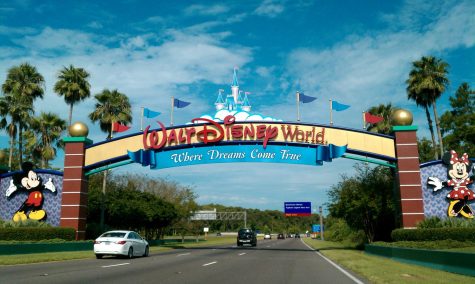
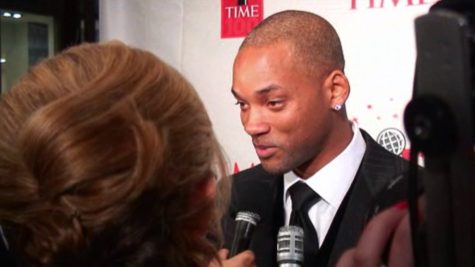
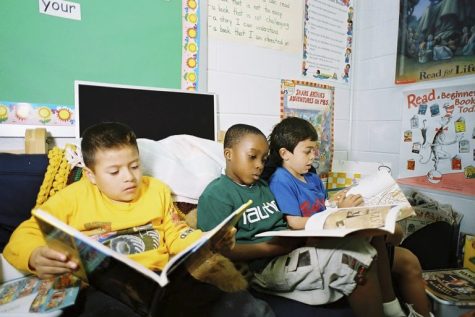
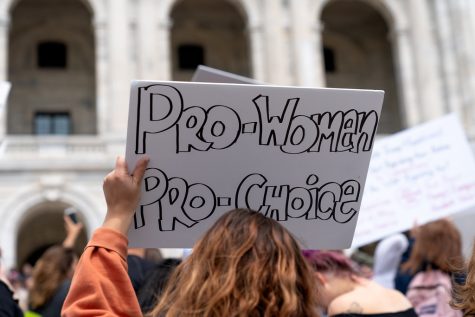
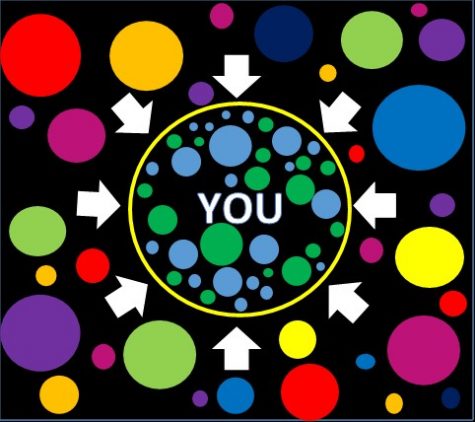
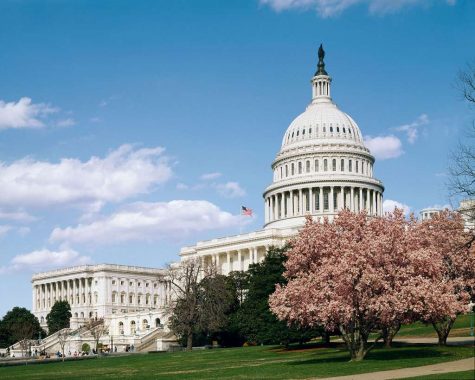
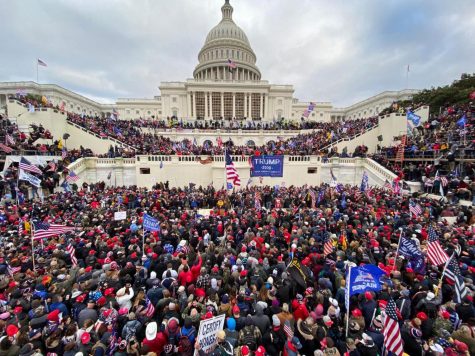

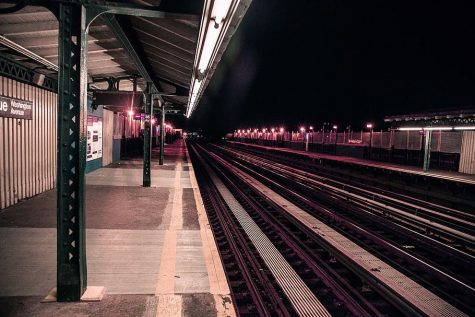
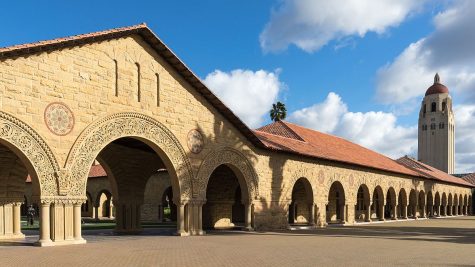

Sanjana Murthy • Dec 18, 2014 at 4:37 pm
I think that racism is an important problem that needs to be discussed, but in a different and more effective way. Students may learn from real world examples like the Mr. Brown and Mr. Garner cases. Students should read articles like these in class and openly discuss these issues.